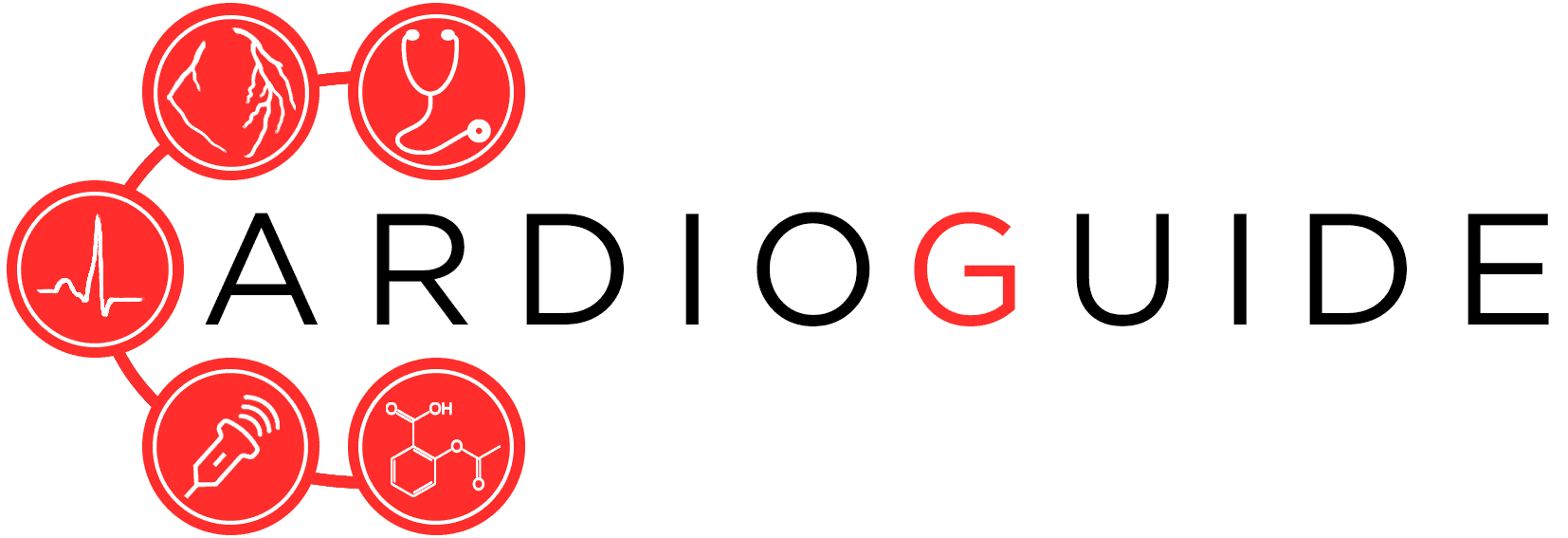Abbreviations
- ACS – Acute Coronary Syndrome
- STEMI – ST Elevation MI
- NSTEMI – Non-ST Elevation MI
- UA – Unstable Angina
- DC – Discharge
- PCI – Percutaneous Coronary Intervention
- MOT – Ministry of Transportation
- CAD – Coronary Artery Disease
This document contains guideline summaries and suggestions. It does not constitute legal advice. For more information or deeper understanding of the content, you should read your provincial Traffic Act and CMA Drivers Guide, and the CCS 2023 Fitness to Drive Guidelines
Introduction
- All physicians should follow CCS or CMA Handbook for fitness to drive recommendations.
- Ontario: Duty to report is mandatory by law.
- Alberta, Quebec, Nova Scotia: Duty to report is not mandatory.
- BC and Quebec: Duty to report is mandatory only if patient continues to drive.
- The main goal is to prevent arrhythmic complications of MI from causing sudden loss of consciousness while driving (AV Block, VT, VF, etc.)
- The risk of arrhythmic events is low in the era of rapid revascularization, but guidelines have not changed.
Fitness to drive with CAD
| Condition | Private driving | Commercial driving |
| ACS; PCI performed | ||
| May resume driving after 1 month | May resume driving after 3 months |
| May resume driving after 2 weeks | May resume driving after 1 month |
| May resume driving after 1 month | May resume driving after 3 months |
| May resume driving after 2 weeks | May resume driving after 1 month |
| May resume driving after 48 hours | May resume driving after 7 days |
| ACS; PCI not performed | ||
| May resume driving after 1 month | May resume driving after 3 months |
| May resume driving after 1 month | May resume driving after 3 months |
| May resume driving after 7 days | May resume driving after 1 month |
| PCI (non-ACS context) | May resume driving after 48 hours | May resume driving after 48 hours |
| Cardiac Surgery (CABG surgery) | May resume driving after 1 month | May resume driving after 3 months |
Ontario Law
- Ontario has mandatory reporting written into law.
- Reportable conditions are outlined in CMA Driver’s Guide, and CCMTA Medical Standards for Drivers.
- Recommendations for cardiac patients in both of those resources are based on CCS 2003 position statement.
- Can inform the patient that report is required by law, and the MOT decides if license is suspended.
- Never assume a specialist has reported (Ferguston Estate vs. Burton 1987)
- Must report everyone of driving age (>16yo), whether or not they hold a drivers license (documented verbal agreement is NOT sufficient)
- What happens at Ministry of Transportation (MOT):
- MOT receives faxed medical condition reports into a “basket”. A case processor assesses the report against their internal criteria (CMA Guide and CCMTA Guidelines). The patient receives a letter after ~2 weeks. One of 3 things may happen:
- 1. Automatic Suspension
- 2. No action is taken (patient not notified of anything)
- 3. Automatic Suspension + more information needed
- They may or may not be be required to surrender license
- MOT receives faxed medical condition reports into a “basket”. A case processor assesses the report against their internal criteria (CMA Guide and CCMTA Guidelines). The patient receives a letter after ~2 weeks. One of 3 things may happen:
- How to reinstate license:
- The initial letter received by the patient contains a “medical condition report form” that a physician must fill out after a waiting period.
- Once report is sent, 7-10 days later a patient receipt (3-4d wait, 2-3d to review, 2 days to send letter)
- 3 outcomes:
- 1. Patient can resume driving using current license.
- 2. Patient must pick up a temporary license and await permanent license in mail.
- 3. More information is needed / suspension remains.
- Ontario case law:
- Physicians have been named in lawsuits regarding driving (often by insurance companies)
- Public lawsuits involving cardiac care are not very common, and are much more common in patients with seizure disorders.
- A documented “verbal” agreement is not sufficient without a ministry of transportation fitness report.
- Common question: Should a 30 day suspension post-ACS be reported?
- Answer is unclear in the law. There is a law that states:
…not required to report a person whose impairment is, in the prescribed person’s opinion, of distinctly transient or non-recurrent nature” O. Reg. 38/18, s. 3.
- Some would say that ACS with a short restriction (~ 30 days) falls into this category. If you are unsure, you should report.
- However, arrhythmia cases MUST be reported. (See arrhythmia post.)
- Answer is unclear in the law. There is a law that states:


Further Reading / References
Authors
- Author: Shaun Hanycz (MD, Internal Medicine Resident)
- Reviewer: Atul Jaidka (MD, FRCPC, Cardiology),
- Reviewer: Pavel Antiperovitch (MD, FRCPC, Cardiology)
- Last Updated: September 18, 2024
- Comments or questions please email feedback@cardioguide.ca

